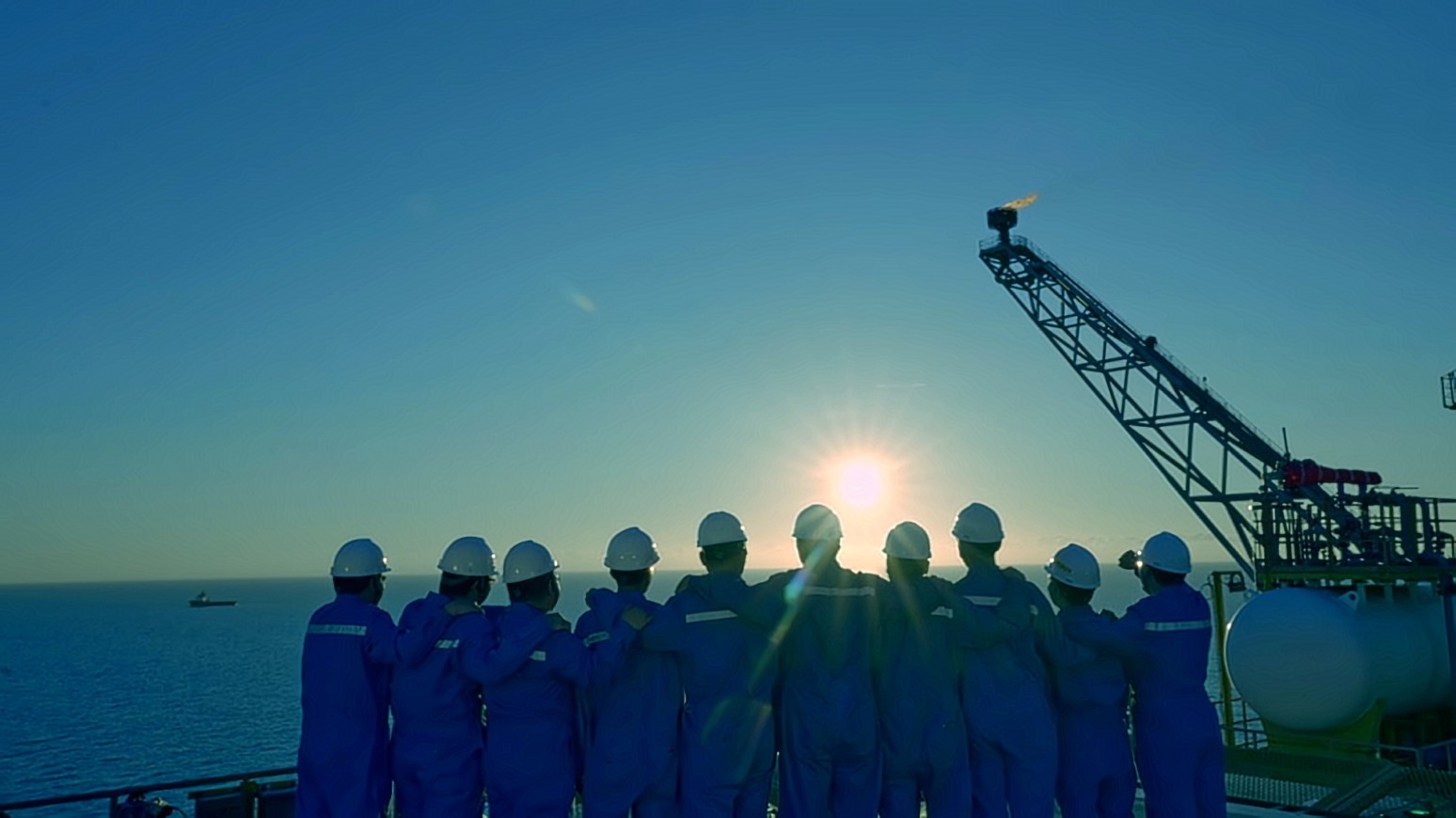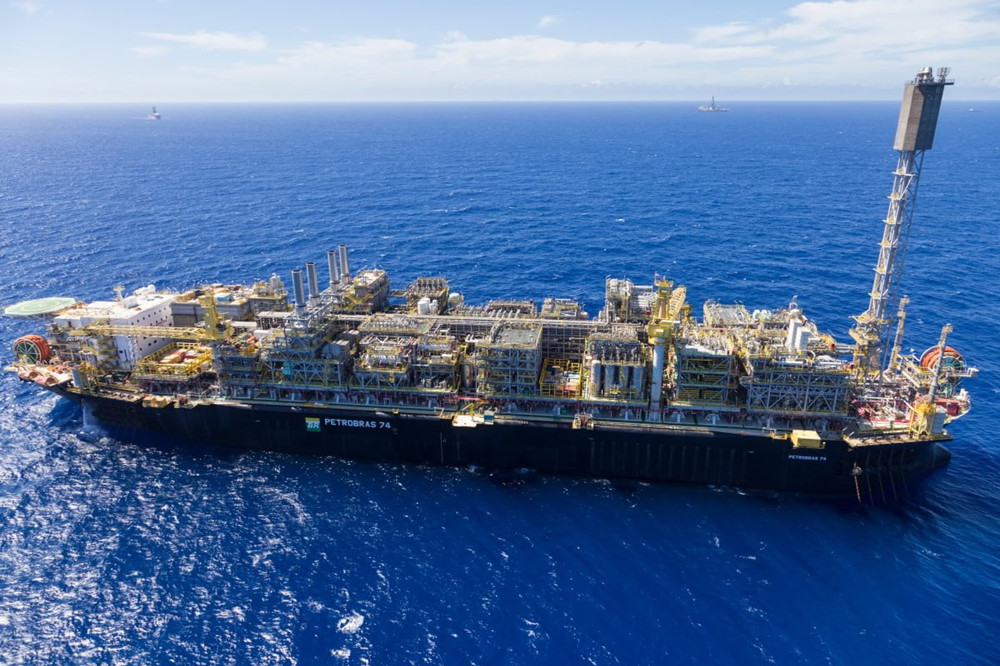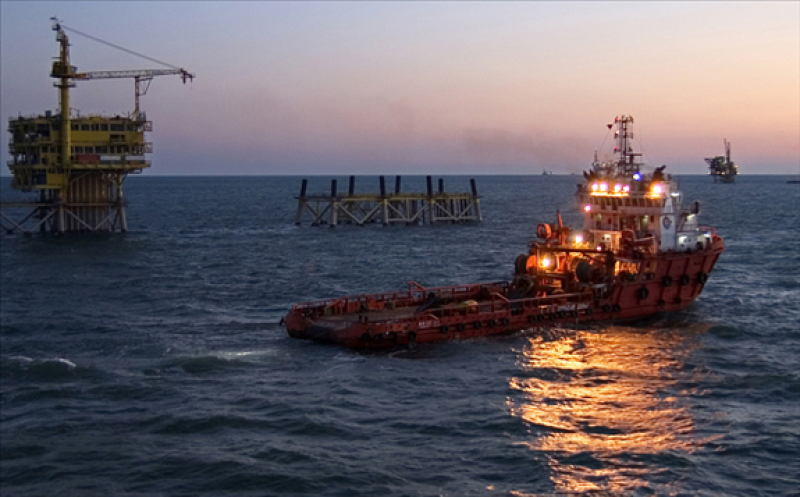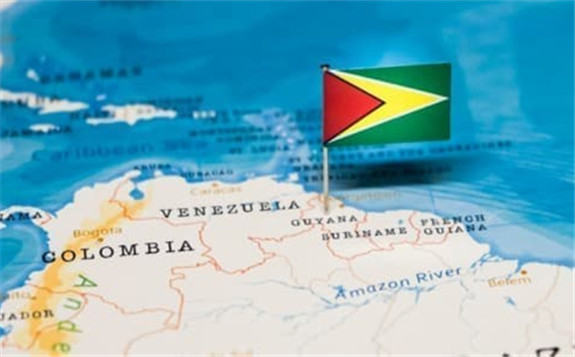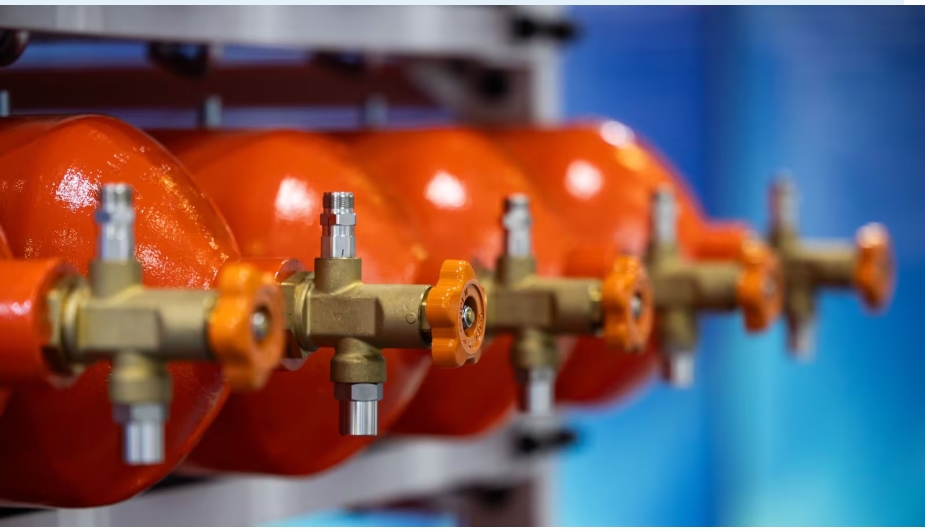
The sale is one of the biggest private equity exits from China investments in recent years. The Hong Kong-based firm will retain a 25% stake in the business, which is to be renamed Hangzhou Yingde Gases Ltd., the people said, asking not to be identified before an announcement. A PAG spokeswoman declined to comment.
PAG will continue to own some other AirPower assets, including its clean energy business valued at more than $2 billion. Domestic insurance companies and private funds make up the majority of the Chinese consortium, one of the people said.
The exit is a rare bright spot in a subdued market that has suffered from a downturn in dealmaking, a murky economic outlook and heightened geopolitical tensions. It is also a win for investors in PAG’s second fund, a substantial portion of which is tied to this investment.
AirPower was formed through a merger of Baosteel Gases and Yingde Gas Group Co., a company that PAG took private in a $2.6 billion deal in 2017. The buyout firm had filed for a Hong Kong initial public offering of AirPower in 2021, but the share sale didn’t end up happening.
PAG’s co-founder Shan Weijian is a rare optimist on China’s prospects among international buyout firms. He has cited attractive valuations in China, where the firm has the biggest team by far among regional and global players. PAG has also significantly expanded its non-China capabilities over the past eight years.
Earlier this year, a PAG-led consortium took a 60% stake in China’s largest shopping mall manager in a deal worth $8.3 billion. That company, which operates around 500 large-scale shopping malls across the country, is now known as Newland Commercial Management.
(Adds details on PAG from the sixth paragraph onwards.)

